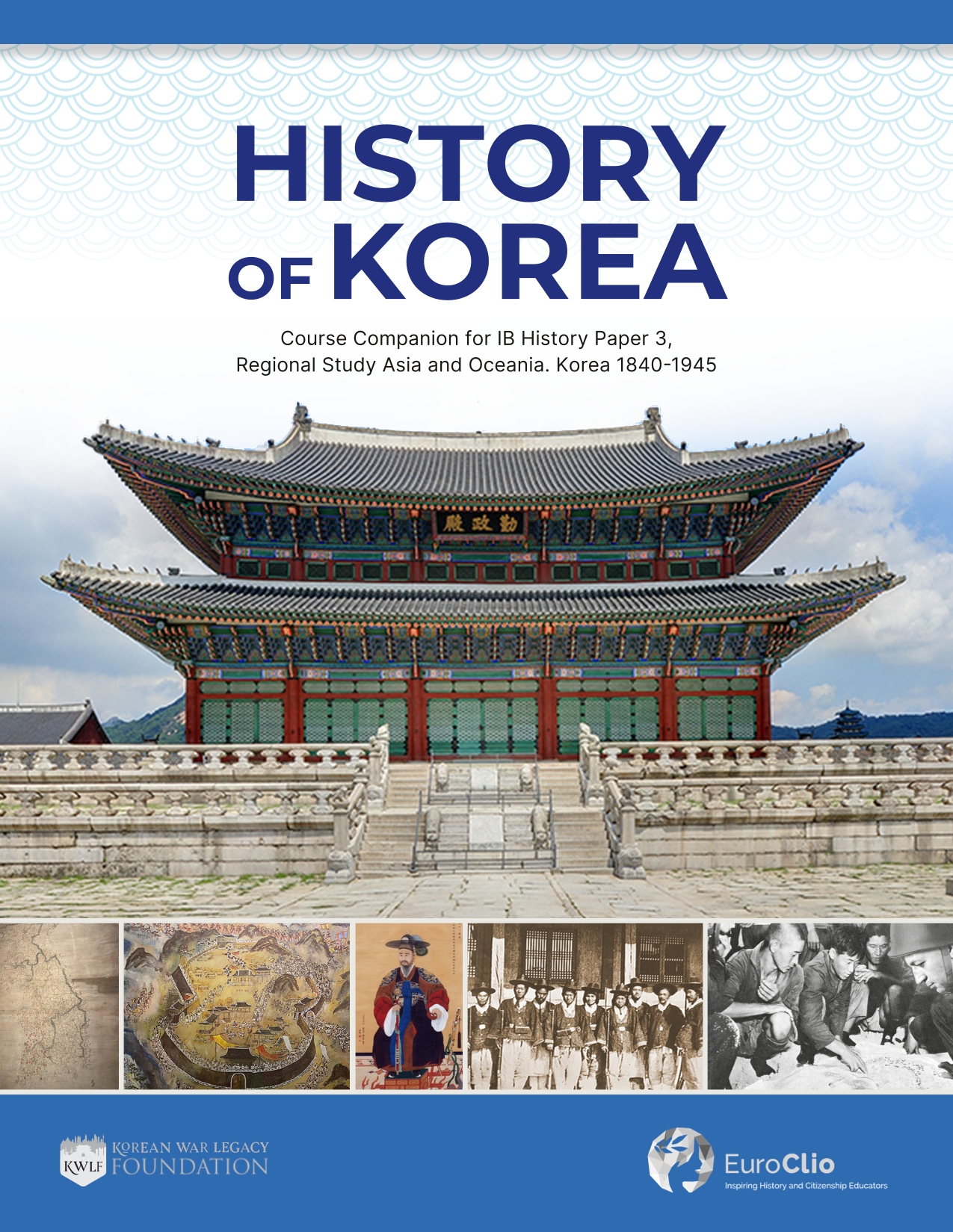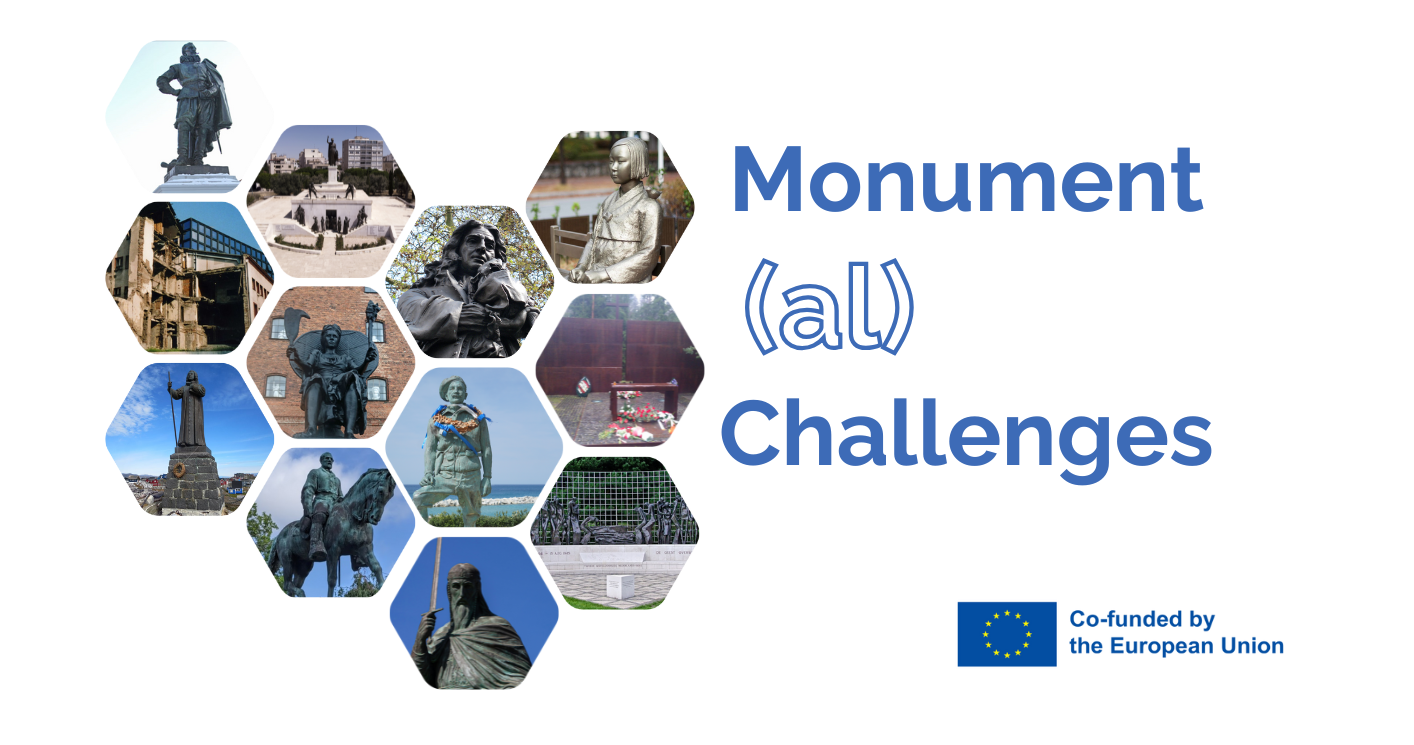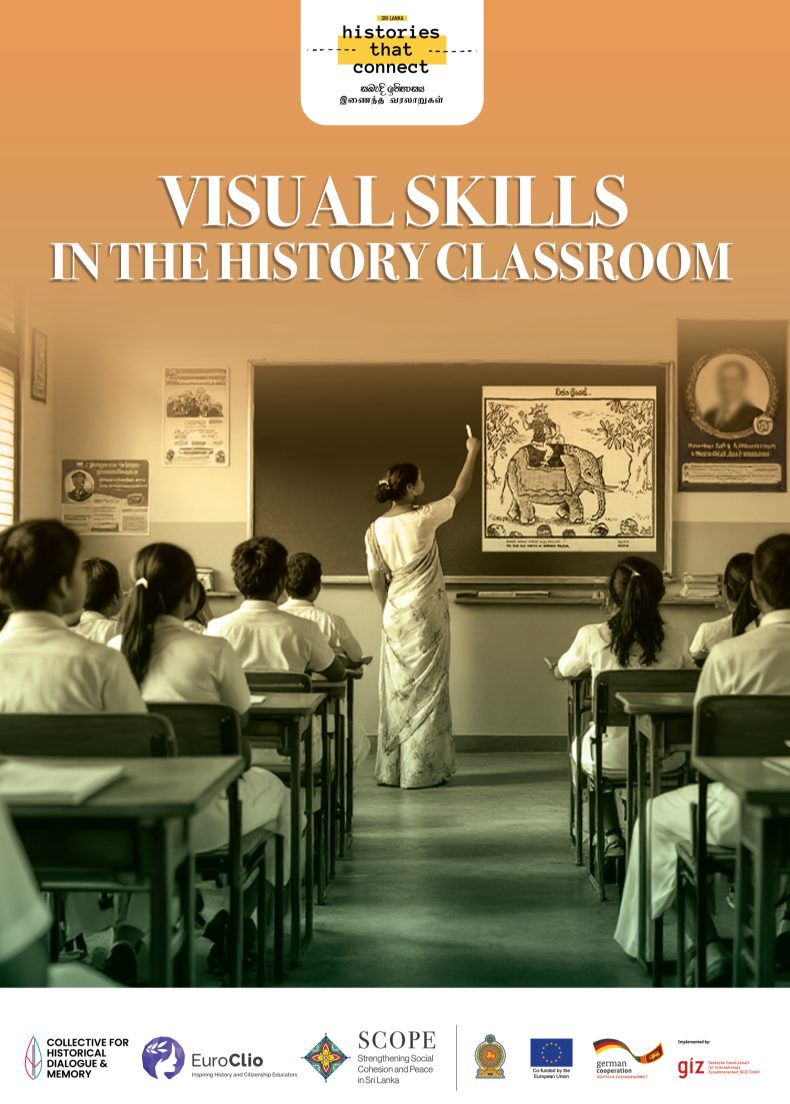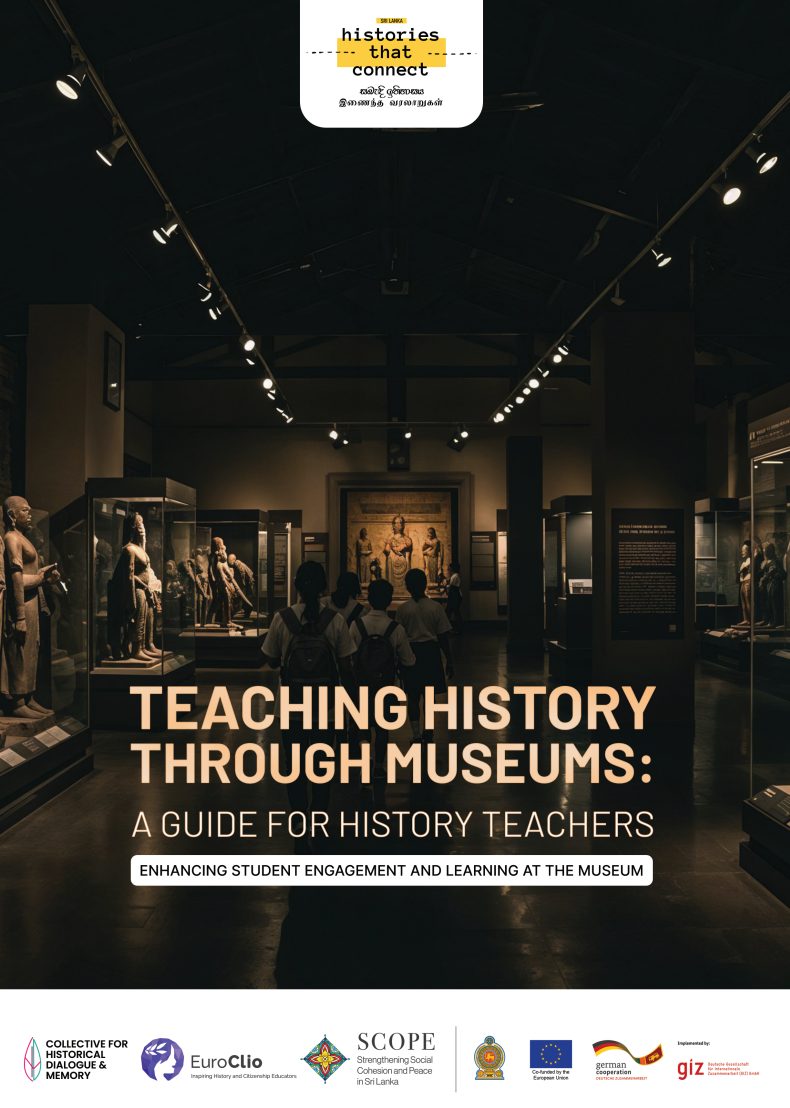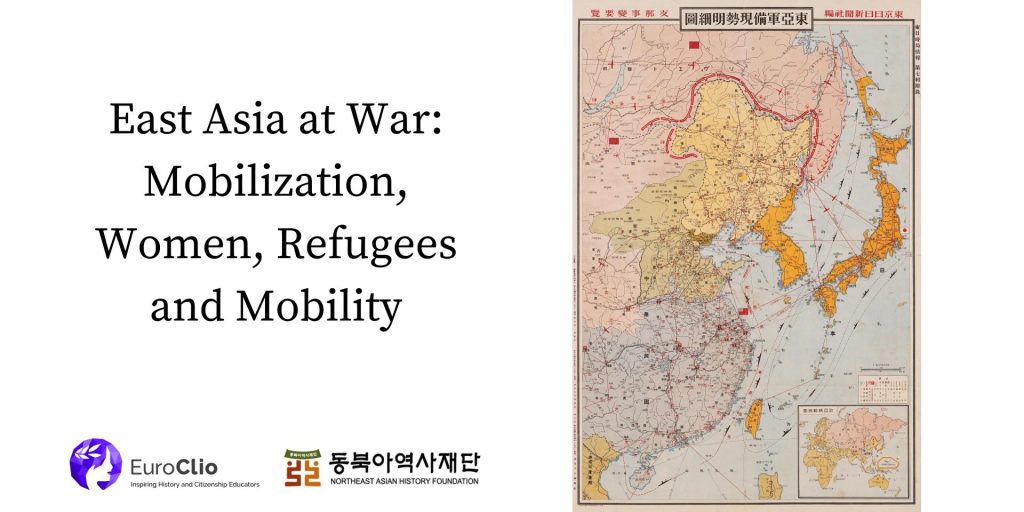
Many of today’s conflicts and tensions can be rooted in history. Similarly, how these conflicts and tensions can be resolved or sustained is rooted in how history is taught and learnt at schools and universities, perceived in public spaces and addressed in political discourses. This is the case in many parts of the world, such as Northeast Asia, where history is central in political and civil agendas to address territorial disputes, contested memorializations and agonistic historical narratives and interpretations. At the same time, history education has changed considerably in the last few years, especially with the advancement of digital tools. In this context, the use of textual, visual, and oral sources in school classrooms in many parts of the world has already become an essential part of teaching history.
By critically engaging with historical sources, students learn about the facts while improving their understanding of the complexity of causes and effects, how perspectives change over time, and how history is “made.” In turn, they enhance their skills to critically engage with disinformation on traditional news sources and social media. However, reading a source for evidence demands a different approach than reading a source for information. To use them well, they should be set within their historical contexts, and students should make inferences from them to help them understand what was happening when they were created. For this, throughout the sourcebook, sources are interrelated with brief explanations of when they were created, by whom and possible motivations behind them.
The sourcebook is the result of an ongoing collaboration between EuroClio and the Northeast Asian Foundation. The collaboration started in 2016 to sustain a comprehensive knowledge-sharing between experts in Europe and Northeast Asia on the needs, approach, impact and sustainability of cross-border history education initiatives, such as joint history textbooks and research. Such cross-border initiatives aim to reduce tensions over history and deepen mutual understanding and awareness of issues related to common history.
Citation
Yang, D., Chatani, S. & Lawson, K. (s), History Education Beyond Borders IV, European Association of History Educators (EuroClio), 2024

